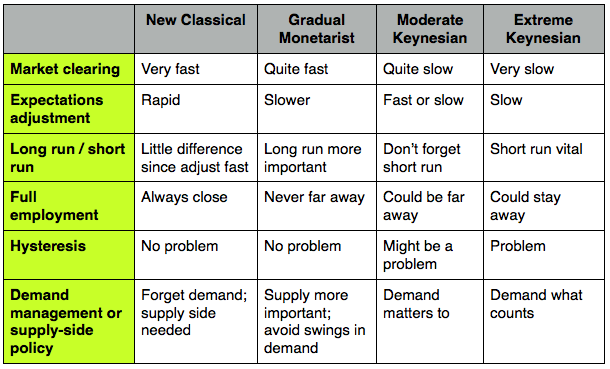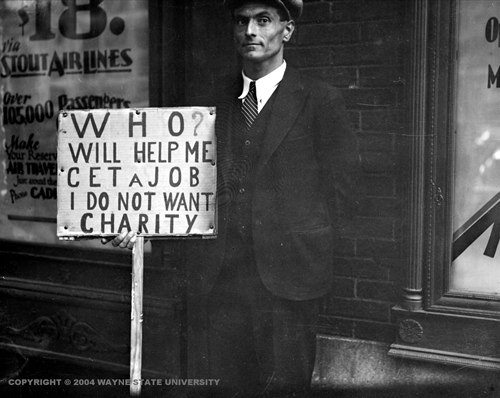That's right...if the USD is worth piss, prices skyrocket - especially imports.
Unquestionably, the standard of living would plummet even more than it already has.
As Keynesian Kool Aid drinker, you STILL don't understand why double income families are necessary to maintain the same lifestyle as 50 years ago.
Your Keynesian "simple math" is pure fiction.
Same lifestyle? Any single income earner can live the same lifestyle they lived 50 years ago. Living a 21st century lifestyle is more expensive.




















